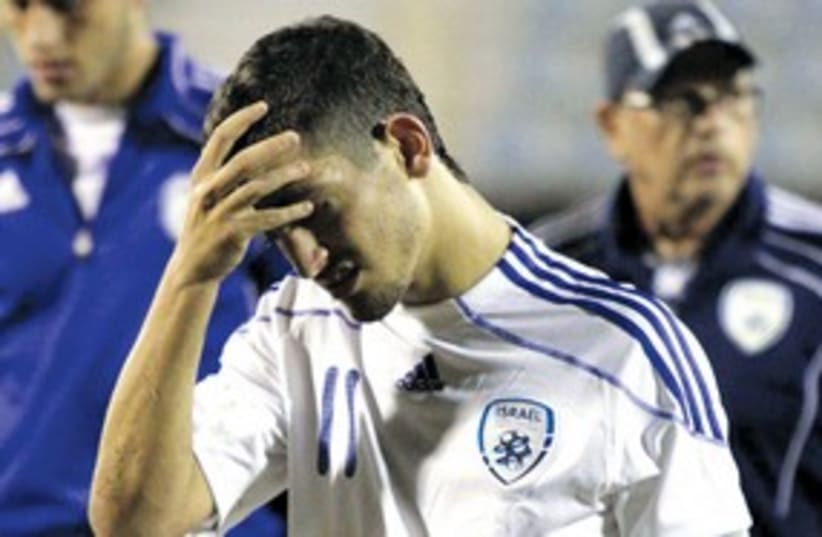Follow Allon Sinai on Twitter: @AllonSinai
Once again, Israel’s soccer program underwhelming
Sinai Says: Trying to find an explanation for the way Israel’s under-19 national team choked versus Lithuania leaves one with more questions than answers.

Follow Allon Sinai on Twitter: @AllonSinai